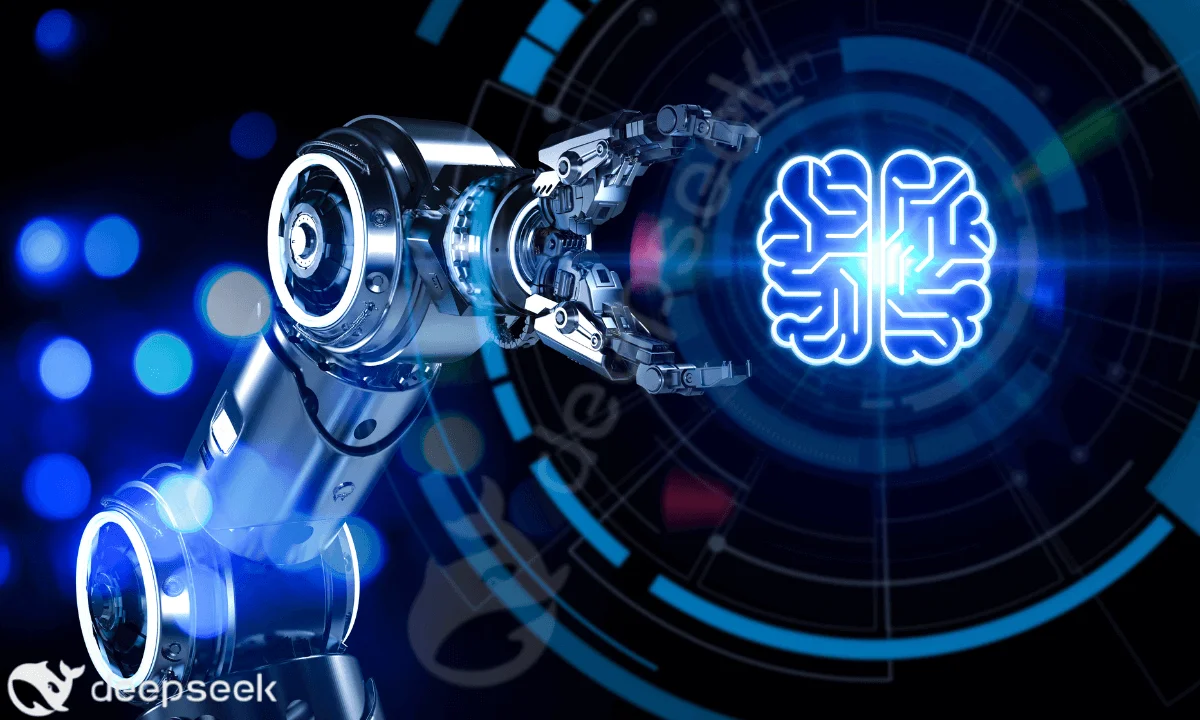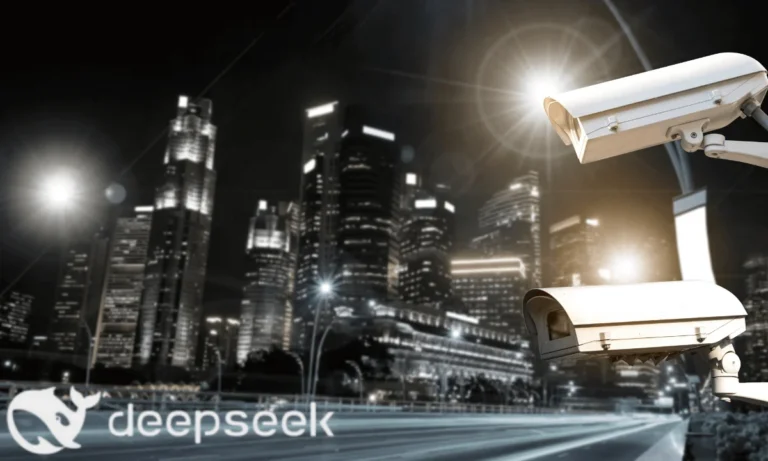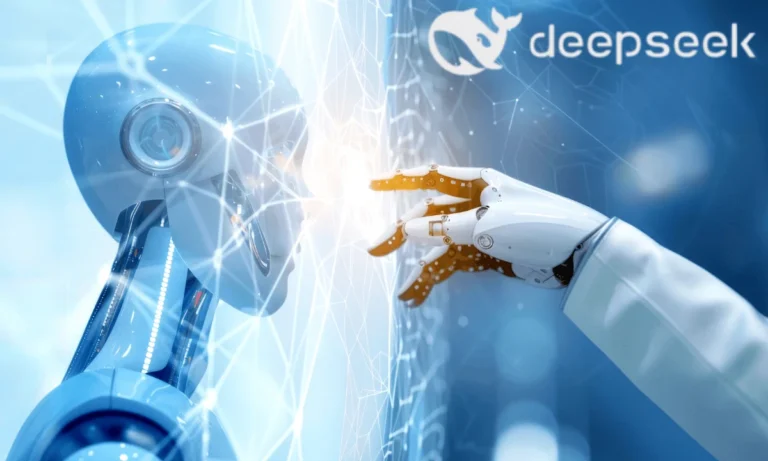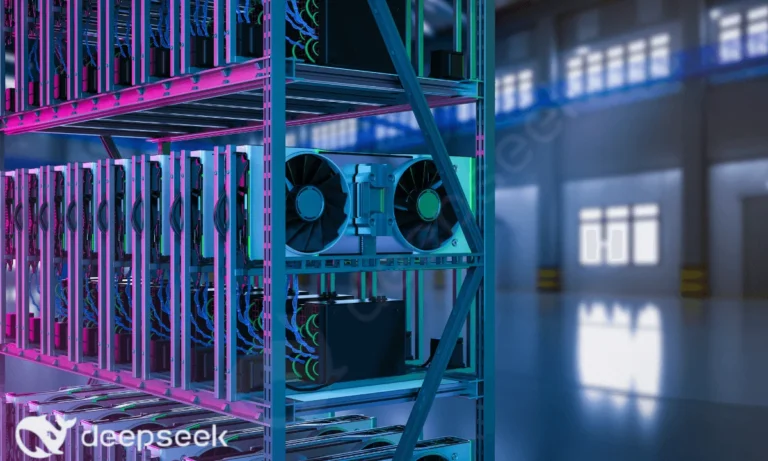AI Pioneers: How Pakistani Engineers are Shaping Global Innovation
Introduction
Artificial Intelligence (AI) is revolutionizing industries worldwide, and Pakistani engineers are playing a pivotal role in this transformation. From Silicon Valley to emerging tech hubs, Pakistani talent is contributing to groundbreaking AI innovations, reinforcing Pakistan’s position in the global tech ecosystem.
This article explores how Pakistani engineers are driving AI advancements, the challenges they face, and their impact on industries such as healthcare, finance, and automation. By highlighting success stories and future opportunities, we showcase how Pakistan is becoming a key player in AI innovation.
Exclusive Interview: DeepSeek AI’s CEO on Pakistan’s Tech Future
The Rise of Pakistani Talent in AI
1. Strong STEM Education Foundation
Pakistan has a robust STEM (Science, Technology, Engineering, Mathematics) education system, producing highly skilled engineers. Universities like LUMS, NUST, and FAST are nurturing AI talent through specialized programs in machine learning, data science, and robotics.
2. Global Recognition of Pakistani AI Experts
Pakistani engineers are making waves in top tech firms such as Google, Microsoft, and OpenAI. Notable figures like Dr. Umar Saif (a leading computer scientist) and experts in deep learning are contributing to AI research and development.
3. Thriving AI Startups in Pakistan
Homegrown startups like Taza (AI-driven agriculture), NeuroStark (healthcare AI), and Cognitiver (automated customer service) are leveraging AI to solve local and global challenges.
Low-Code AI Platforms: Building Solutions Without Coding Expertise
Key Contributions of Pakistani Engineers in AI
1. AI in Healthcare
Pakistani engineers are developing AI-powered diagnostic tools, predictive analytics for diseases, and telemedicine platforms, improving healthcare accessibility in remote areas.
2. Financial Technology (Fintech) Innovations
AI-driven fraud detection, credit scoring, and automated trading systems developed by Pakistani engineers are transforming the banking sector.
3. Automation & Robotics
From industrial automation to AI-powered chatbots, Pakistani engineers are optimizing business processes, reducing costs, and enhancing efficiency.
4. Natural Language Processing (NLP) for Local Languages
Innovations in Urdu and regional language processing are making AI more accessible to non-English speakers, bridging the digital divide.
AI Hardware: GPUs, TPUs, and What Pakistani Developers Need to Know
Challenges Faced by Pakistani AI Engineers
1. Limited Funding & Resources
Despite talent, many AI projects struggle due to insufficient investment in research and infrastructure.
2. Brain Drain
Many skilled engineers migrate abroad for better opportunities, reducing local AI development.
3. Lack of Government Support
While initiatives like Ignite National Technology Fund exist, more policies are needed to boost AI research and startups.
DeepSeek’s AI Model Zoo: Pre-Trained Models for Quick Deployment
Success Stories: Pakistani AI Pioneers
1. Dr. Umar Saif – Revolutionizing Tech Education & AI
A Cambridge PhD holder, Dr. Saif founded Pakistan’s first AI lab and played a key role in digital governance reforms.
2. Jehan Ara – Promoting Tech Entrepreneurship
As president of P@SHA (Pakistan Software Houses Association), she has championed AI startups and innovation.
3. Saba Gul – AI for Social Impact
Her startup Popinjay uses AI for ethical fashion, showcasing how tech can drive positive change.
Comparing DeepSeek AI with Global Competitors: What Makes It Unique?
The Future of AI in Pakistan
1. Government & Private Sector Collaboration
Increased investment in AI research labs and partnerships with global tech giants can accelerate growth.
2. AI for Sustainable Development
Applications in climate modeling, agriculture, and energy optimization can address critical challenges.
3. Youth-Led AI Innovation
With over 60% of Pakistan’s population under 30, young engineers are poised to lead the next wave of AI breakthroughs.
AI-Powered Analytics: Tools to Decode Pakistan’s Market Trends
Conclusion
Pakistani engineers are proving to be indispensable in the global AI revolution. With the right support, funding, and policies, Pakistan can emerge as a leading AI innovation hub. By fostering education, entrepreneurship, and research, the country is set to shape the future of technology.
As AI continues to evolve, the contributions of Pakistani talent will remain vital in driving progress across industries worldwide.
AI-Powered Analytics: Tools to Decode Pakistan’s Market Trends







